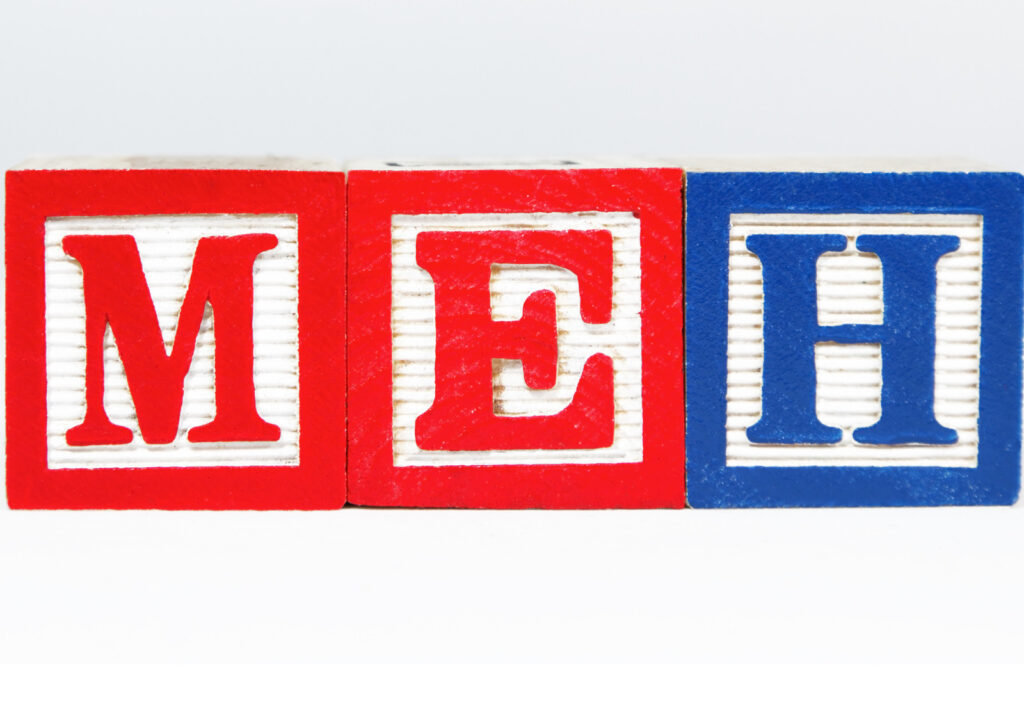I’m pretty sure that more ink has been spilled on the Secure and Fair Enforcement Act (“SAFE Banking”), than any other proposed cannabis law. It just won’t pass and it just won’t die. Specifically, SAFE Banking was introduced in 2017 and it passed the House seven times (seven times!) with bipartisan support since 2019. The public likes it too: here’s a November 2022 Data for Progress poll revealing that “By a +65-point margin, voters support ensuring that banks do not discriminate against legitimate marijuana-related businesses.” This bill should pass, right?
It’s getting closer. SAFE Banking will finally go to mark-up this week in the Senate Banking Committee. That Committee is preparing to vote before October 1, although what they’ll be voting on at this point isn’t entirely clear. (For some chatter on that, check out this Marijuana Moment piece from last Friday.) But let’s assume that SAFE Banking, after mark-up, holds onto its key tenets. It would prevent federal banking regulators from:
- prohibiting, penalizing or discouraging a bank from providing financial services to a legitimate state-sanctioned and regulated cannabis business, or an associated business (such as a lawyer or landlord providing services to a legal cannabis business);
- terminating or limiting a bank’s federal deposit insurance primarily because the bank is providing services to a state-sanctioned cannabis business or associated business;
- recommending or incentivizing a bank to halt or downgrade providing any kind of banking services to these businesses; and
- taking any action on a loan to an owner or operator of a cannabis-related business.
Would any of that be truly helpful? In a vacuum, yes. But we don’t live in a vacuum, and if something like this passes you can expect a host of collateral issues. Most worrisome to me is that SAFE Banking could ultimately increase AML/BSA compliance burdens for financial institutions with cannabis clients. Hundreds of them already offer services to state-licensed marijuana businesses: these banks are well versed in the old-as-dirt 2014 FINCEN guidance on working with industry. If SAFE Banking passes, we’ll surely get additional rules and guidance from the Treasury Department and elsewhere. Be careful what you wish for.
This issue was highlighted in a well-written American Banker piece published yesterday (it’s paywalled, but they’ll trade you a freebie for an email). In that article, I and others also opined that SAFE Banking isn’t as critical as when the law was first introduced in 2017. This is because SAFE Banking wouldn’t actually solve a lot of cannabis banking issues, beyond access to banking services (which is already sort of solved). Specifically, it wouldn’t:
- grant access to SBA programs (there’s another bill floating around for that)
- increase lending options in any direct or discernible sense;
- grant U.S. cannabis companies access to public capital markets (sorely needed);
- require Visa, Mastercard, etc. to work with the cannabis industry (super sorely needed); or
- eliminate IRC § 280E (although this may occur through rescheduling).
Do I still hope SAFE Banking passes? I think so. The devil is in the details with something like this. And, as I told American Banker:
Right now, most states only have small credit unions working with the industry, and most of these credit unions only offer basic merchant accounts with relatively high fees. A few have more expansive offerings, like equipment loans, but generally cannabis companies don’t have access to the full suite of services that other, similarly sized commodities businesses have and they pay more for those limited services.
In that article, I also mentioned that I’ve learned not to get my hopes up with SAFE Banking. Even if this bill gets out of Committee, it would need a floor vote, and then reconciliation with whatever the House is thinking on the topic. That feels like miles and miles away, especially today when Congress is struggling to keep the lights on.
I don’t mean to be discouraging. In fact, it’s easier to feel OK when you think of SAFE Banking as not the biggest deal. These days, it’s really not.
























